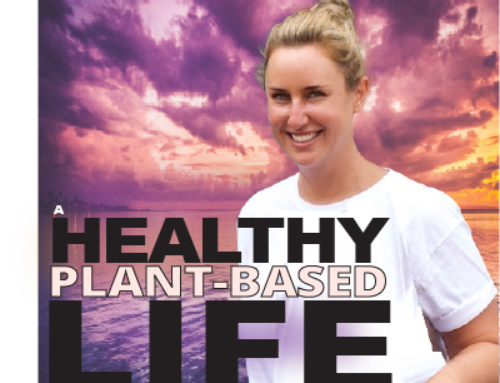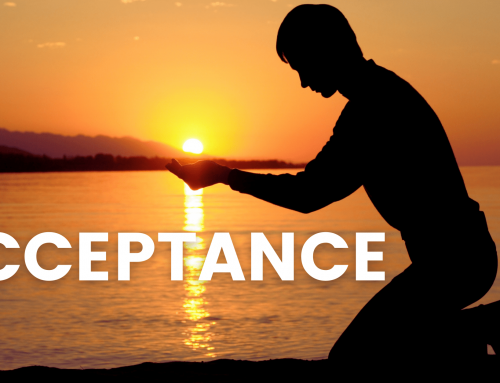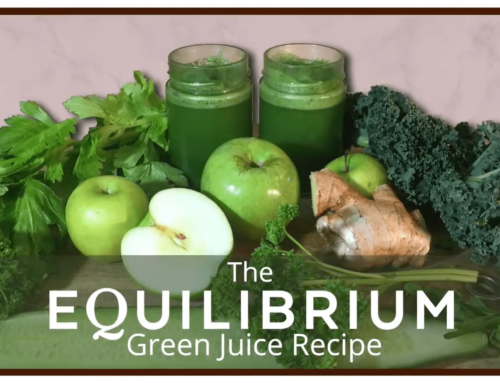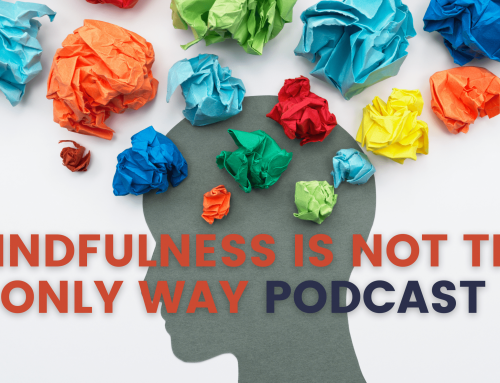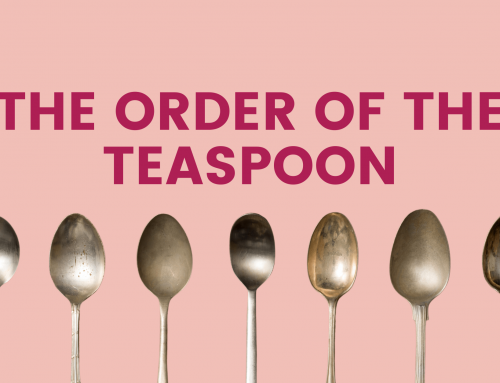As long as I can remember, I’d always had skin issues. It started when I was about five with red, itchy blotches on my legs, and then spread to my hands and face. My grandmother had suffered from psoriasis her whole life too, so I was just led to assume that this was hereditary, an unlucky card that I was served which meant that I had to apply steroid creams to keep it under control.
By the time I was 20, the red patches on my hands looked pretty awful. I remember showing them to a pharmacist in a small chemist on the South Coast of the UK and the evident horror on his face too me back! A friend from university who was into nutrition at the time, suggested that maybe I had an allergy to dairy. Being an open-minded kind of person, I thought i’d give it ago.
To be honest, I didn’t fully appreciate how much dairy I was consuming – milk in coffee, on my breakfast cereal, cheese sandwiches, ice-cream…so ‘giving it a go’ was pretty hard. At the time, soya milk tasted like soaked, sock water, cheese alternatives were akin to eating plastic, black coffee tasted so bitter I couldn’t believe anyone would drink it. How I craved for my cheddar cheese sandwiches and thick milky coffees, but I needed to find out if there was a link between dairy and my itchy, red, flaky skin, so I persisted for a couple of weeks.
Two weeks later, to my enormous surprise, my weeping, blotchy hands became clear! In my entire life, I’d never had clear skin. I was stunned. This mini experiment had worked, and there was no going back. Over the next weeks, months and years, my taste buds adapted and the ‘new’ became the normal’. I now drank black coffee, ate dry cereal and had all different types of sandwiches.
That was the very start of my journey to ‘veganism’. Over the years that followed, I gradually replaced red meat with more poultry and fish and then removed meat altogether from my diet. I kept eating fish for a long while as my health IQ was low at the time and I concerned that I wouldn’t be getting sufficient nutrients.
Caring family and friends were naturally concerned too, and comments about my green complexion, and lack of ability to answer questions about protein and calcium as well as the lack of things around me to eat, pushed me to increase my nutrition IQ and refine and improve my diet over time to ensure that I was getting great nutrition. I kept going, kept refining and connected with like-minded people who’s recipes and tips and guidelines made a huge difference.
Today, veganism is trending driven by research highlighting studies that indicate that we could avoid 8.1 million early deaths each year, save more than $1 billion healthcare costs each year and massively reduce the carbon footprint if the entire world went vegan.
However, it’s not an easy transition to make, so if you’re considering reducing the amount of animal proteins in your diet, or your know someone who is, this great article from NewScientist will help answer some of the questions in your mind.
The vegan trend
 For many, the dietary constraints of veganism raise genuine health concerns. Meat, fish, dairy and eggs aren’t just tasty, they also supply essential nutrients. Cutting them out can leave you in a nutritional hole. Humans evolved on an omnivorous diet, so can we really get everything we need from plants alone?
For many, the dietary constraints of veganism raise genuine health concerns. Meat, fish, dairy and eggs aren’t just tasty, they also supply essential nutrients. Cutting them out can leave you in a nutritional hole. Humans evolved on an omnivorous diet, so can we really get everything we need from plants alone?
The short answer is yes, sort of. If you’re considering going vegan, you will need discipline to cover all the bases. Macronutrients are easiest. Vegan fats come from things like olive oil, nuts and avocados. Carbohydrates are in high supply in fruits, grains and beans. Protein is abundant in lentils, quinoa and tofu. Getting enough of all these doesn’t necessarily mean bland menus. A burrito with half a cup each of black beans, brown rice and avocado, plus a quarter of a cup of tofu will provide you with 25 grams of protein, or about half of the recommended daily amount – and a third of your daily carbohydrates too.
Like vegetarians, vegans don’t eat seafood, so miss out on a convenient source of the omega-3 fatty acids, which help build our cell membranes. Without these nutrients, our bodies can’t make the hormones that control artery expansion and blood clotting. They also keep our hearts beating regularly and our brains firing. If you’re habitually consuming negligible amounts of omega-3s, “that’s probably going to affect cognitive function in some way”, says David Rogerson at Sheffield Hallam University, UK. In childhood, low omega-3 levels can be associated with attention deficit disorder and behavioural problems like hyperactivity, anxiety and temper tantrums. Omega-3s have been found to help with sustained attention in adults too, and taking more is correlated with lower rates of dementia.
That’s why vegans have a healthy obsession with seeds and nuts. Chia and flax seeds, walnuts and leafy vegetables contain alpha-linolenic acid, an omega-3. Eating enough to meet daily recommended doses can be tricky though (see Healthy you, below), so an easier solution is to take supplements made from algae oils.
Supplements can also be useful for vitamin B12. Like omega-3s, it is essential for our brains to function and not getting enough can cause dementia, among many other problems. It is one of the most commonly cited nutritional challenges for vegetarians too, although one review found that B12 deficiency is more frequent among vegans.
Without dairy, vegans must rely on green vegetables like broccoli and kale for calcium. Iodine, important for thyroid function and metabolism, can come from seaweed or cranberries. Iron is available in green vegetables, legumes, nuts and seeds. They contain a form that is harder for our bodies to use, so the US National Institutes of Health recommends that people who don’t eat meat get nearly twice as much plant-based iron as those who do.’
Environmental Health
One of the biggest drivers for the growth in veganism is the compelling evidence that reducing animal consumption will have a very positive impact on the environment. Vegan plates have the smallest ecological footprint.
According to the NewScientist, ‘Studies show that if we all went vegan, two of the biggest environmental problems – greenhouse gas emissions and clearing land for agriculture – would be slashed.



As plant-based diets become more popular, driven by high profile people adopting the lifestyle, and supermarkets start to better cater for the demand, becoming a bigger plant-based eater has never been easier.
However, like all change, one of the biggest challenges when you change what you eat, is the fact that you have to spend more brain power thinking about what you’re eating until it becomes an automated habit. It can be very challenging and lonely simply because meat and dairy are readily available in restaurants and stores.
At Get Raw Energy, we’re all about helping you upgrade your habits and move towards a healthier future. Our goal it to make the world a healthier place, one person at a time. Join us today by signing up for our Healthy Habits newsletter.
You can also subscribe to Newscientist to get fabulous, evidence based insights here



